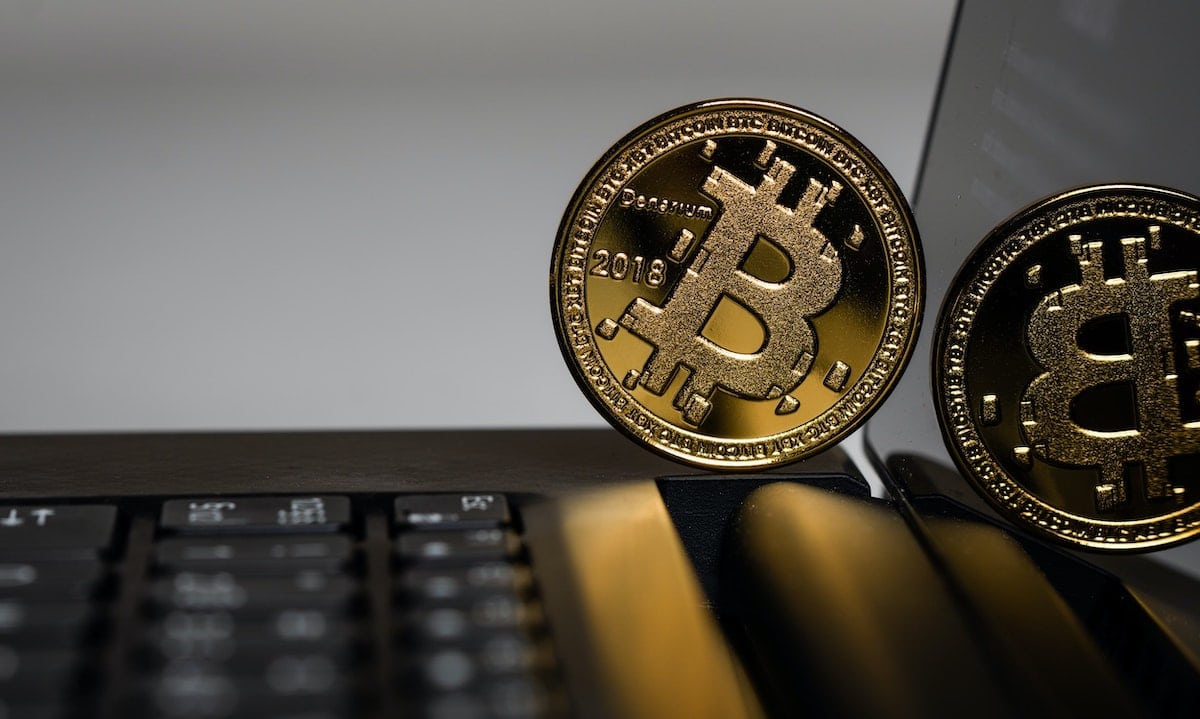After peak prices were reached in late 2017 and popularity subsequently decreased, cryptocurrencies like Bitcoin have witnessed another vital increase in 2019 and 2020, exceeding their former all-time highs. This explains why the search for the perfect digital currency wallet, click here to see some examples, has returned! This is due to the fact that as this happened, the number of published hacking occurrences grew. Sure, of the most notorious robbers were those which occurred at a glance: some hackers even brazenly reverse tokens tied to one wallet for another. Before you buy dogecoin, bitcoin or other coin, do some research for your security.
The victims witness their tickets being robbed of them and can’t do anything about it. Bitcoin is the first crypto-currency form, typically shortened to either BTC or XBT. It is a decentralised currency driven by encryption and the network of people that use it. It is sustained not by gold but by a code called a blockchain. And because of a bank’s absence, consumers have to keep Bitcoin themselves, which may be problematic. Visit the official website of the crypto genius for more informative articles.
Hot Wallet
Hot wallets operate on PCs, phones or tablets, which are linked to the Internet. This might present a vulnerability since these wallets produce private keys on these Internet-connected devices for your money. While it might be convenient to have a hot wallet in this manner, you can rapidly access and deal with your assets, and they also lack security. This might sound far-reaching. However, anyone with not inadequate protection can have their cash stolen when utilising these hot wallets. Conventional financial knowledge would imply that you hold only expenditure on a checking account while most of your money goes to savings or other investment accounts. It is crucial to remember that it is not equal to keeping bitcoin in your wallet in an exchange wallet.
If there were an event that hacks the exchange or compromises your account, your cash would be gone. The term “not your keys” in bitcoin forums is a recurring notion. As noted above, it is unwise to hold substantial quantities of bitcoin, particularly an exchange account, in a hot wallet. Installing most of the money to your own personal “cold” wallet is advised (explained below). While these wallets are connected to the Web, presenting a possible attack vector, they help make transactions or exchange bitcoin rapidly.
Cold Wallets
Cold wallets are the following type of wallet and the safest alternative for storage. These wallets hold a user address and a personal key on anything not linked to the Internet and usually come with parallel software to enable the user to see their portfolio without endangering their private key.
It then generates private and public keys that you print on a sheet of paper. Many people laminate these wallets and put them in their bank’s safe deposit boxes or even in their secure homes. These gadgets are also generally open-source so that the community can evaluate their safety instead of a business saying it is safe to use. However, for the most part, they demand a little more expertise. It is vital to know about secure storage and both the concepts of warm and cold wallets for anybody interested in holding bitcoin.
Hardware Wallets
Hardware wallets mean that a piece of hardware such as a USB stick is kept on the cryptocurrency. Transactions are anonymous with hardware wallets since no personal information of the user is available on the device. And unlike PC wallets, hardware wallets are malware robust. Finally, even if the user loses his key, they may retrieve their money with a 20-word seed phrase, which the user sets up while creating the wallet itself. 6 Ideally, the user may lock the seed sentence on paper. If the user loses the hardware wallet, he can’t retrieve Bitcoin even with the seed phrase. Hardware wallets may be found using the same Bitcoin.org tool as mentioned before.
Paper Wallets
Paper wallets may appear the most straightforward choice but demand more digital currency expertise than any other alternative and can be produced online or offline. Paper wallets offer a trim level of privacy. They are seed sentences printed on a piece of paper. Paper may be lost, torn, or smeared, and ink may decay. Plus, if the user publishes his paper wallet, he must consider all possible vulnerabilities in his printer’s network.
Another problem is the reuse of addresses. You will need to generate a new paper wallet for each transaction if you do not use the same lesson again. However, using the same address again might make tracking the key signature simpler, such that the safest way to create a new wallet is also the hardest for every transaction.


